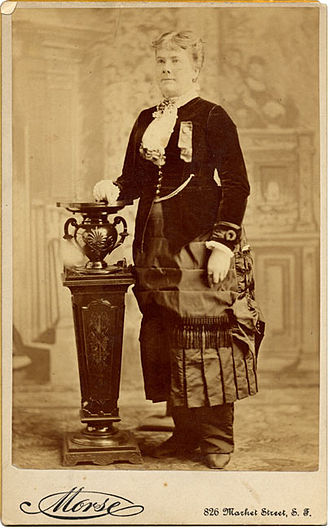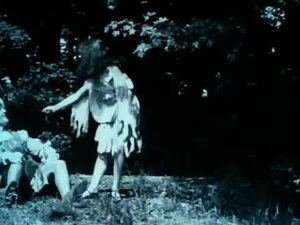Stow Last Name Origin, History, and Meaning
Where did the surname Stow come from? What does the surname Stow mean? Discover the history and meaning of the last name Stow and family migration on YourRoots Map.
Surname Stow Origin: What does the last name Stow mean?
The surname Stow, originating from England in the early 15th century, signifies a rich history tied to this region. It gained prominence during the 15th century in England and later made its way to the United States in the 17th century, with a notable increase in frequency during the 18th century. YourRoots data showcases the presence of Stow family records in countries like England and the United States, indicating a global spread of the surname over the centuries.
By the 20th century, the surname Stow had significantly expanded its volume of records in the United States and England, remaining prominent in these regions. It is now found in various countries worldwide, reflecting a widespread presence that has endured over time. The Stow surname's journey highlights its historical significance and global reach, making it an integral part of diverse cultures and regions.
Stow Last Name History: Where did the last name Stow come from?
Origin of Stow Surname: Where does the last name Stow originate from?
According to YourRoots data, the surname Stow first appeared in records from England around the early 15th century. Please note that this reflects only YourRoots data for the exact Stow spelling and does not include other record sources or surname variations.
History of the Last Name Stow: What does the Stow surname history look like in the early days?
The Stow surname started growing notably in England during the 15th century and later expanded to the United States in the 17th century, with significant frequency during the 18th century. YourRoots data also shows Stow family records in countries like England and the United States, indicating global spread over the centuries.
Global Spread: Where can we find the Stow surname today?
By the 20th century, the volume of records with the Stow surname grew significantly in the United States and England. The Stow surname remains prominent in these regions. It appears in many countries around the world, showcasing a widespread presence.
Explore Stow last name heritage and Stow surname origin based on YourRoots Map data
 VIEW THE ORIGIN OF SURNAME STOW
VIEW THE ORIGIN OF SURNAME STOWFamous People With Stow Surame?

John Stow
John Stow (1524/25 – 5 April 1605) was an English historian and antiquarian known for his detailed chronicles of English history and his famous work, A Survey of London. His dedication to accuracy and truth in his writings earned him praise as one of the best historians of his time. Stow's extensive library and willingness to share his knowledge with others made him a respected figure among his antiquarian contemporaries. Despite facing quarrels and financial struggles, he continued his literary pursuits and contributions to historical research until his death.

Randolph Stow
Julian Randolph Stow (28 Nov 1935 – 29 May 2010) was an Australian-born writer, novelist, and poet known for his award-winning works such as "To the Islands" and "The Girl Green as Elderflower." Stow's literary career spanned several decades, during which he explored themes of trauma, colonialism, and medievalism in his works. He received prestigious awards like the Miles Franklin Award and the Patrick White Award for his contributions to literature. Stow's legacy continues to be celebrated in the literary world, with his poems and novels still being studied and appreciated by readers worldwide.

Marietta Stow
Marietta L. B. Stow (1830 or 1837 – 1902) was an American politician and women's rights activist known for advocating women's suffrage, probate law reform, and access to political office. Growing up in Cleveland, Ohio, she later became the president of the San Francisco Women's Suffrage Association and a candidate for Governor of California. Stow made history as the first woman to run for vice president of the United States, supporting equal rights for men and women. Despite her anti-Chinese views, she campaigned for universal peace and social progress. Stow's legacy lives on as a trailblazer in the fight for gender equality and political representation.

Percy Stow
Percy Stow (1876 – 10 Jul 1919) was a British director of short films and co-founder of the Clarendon Film Company. Born in Islington, London, Stow worked with Cecil Hepworth on trick films before starting his own company. He directed 293 short films, including the first cinematic adaptation of Alice in Wonderland. Stow's legacy in the British film industry is celebrated, with notable works like "The Pied Piper of Hamelin" and "Robin Hood and His Merry Men." Sadly, Stow passed away at the age of 43 in Torquay, Devon, England, leaving behind a lasting impact on early cinema.

John Montague Stow
Sir John Montague Stow (3 Oct 1911 – 16 Mar 1997) was a British colonial official known for his service in various roles across Africa and the Caribbean. Born in India to Sir Alexander Montague Stow, he received education at prestigious institutions before joining the Colonial Administrative Service. Stow held positions in Nigeria, Kenya, The Gambia, Saint Lucia, and Barbados, where he served as the last governor and first governor-general post-independence. His career spanned significant historical moments, shaping the governance of British territories in the mid-20th century. Stow's legacy is commemorated through portraits and historical records, highlighting his contributions to the colonial administration.
All images displayed on this page are sourced from Wikipedia or Wikimedia Commons.We use these images under their respective Creative Commons or public domain licenses. Wherever applicable, author attributions and license information are provided. If you believe an image is used incorrectly or outside its license terms, please contact us so that we can review and correct the issue.




.png)